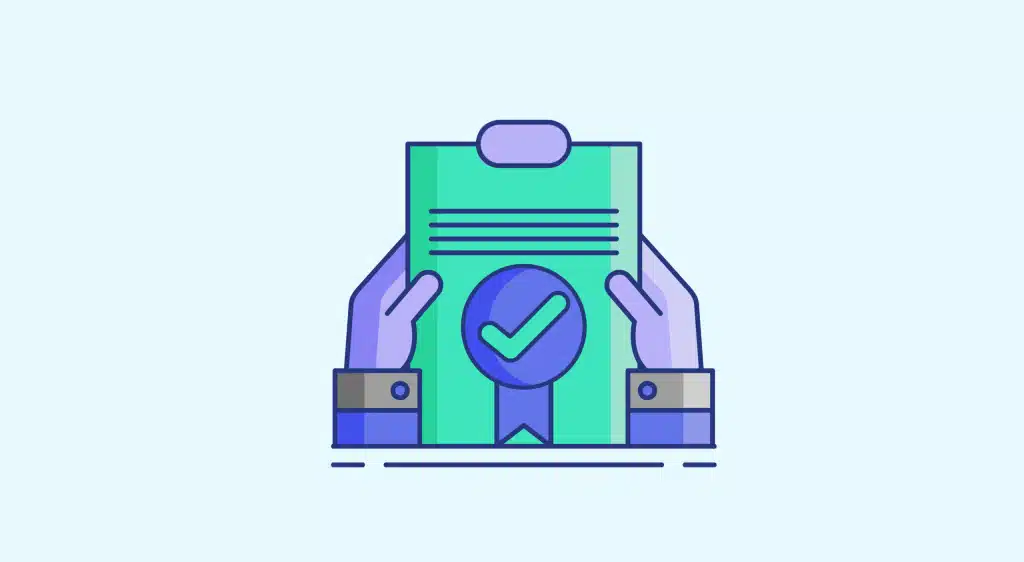How to become a Datascientist - Let's begin by addressing the mathematical aspect first.
It’s essential to master concepts such as statistics, algebra, and probabilities.
Indeed, a strong grasp of statistics is paramount. The tools acquired through this discipline gain significance when applied to data science. For instance, hypothesis testing made possible by statistical science leads to concrete conclusions.
Thus, mastering concepts like variance properties, error calculations, not forgetting linear regression models, and estimation theories is crucial.
To become a Data Scientist, a comprehensive understanding of algebra is necessary. It enables efficient management of collected data. Whether linear or bilinear, algebra provides a tangible approach to the spaces where data is processed.
Without mastery of applications such as matrix transpositions and decompositions, or systems of equations, grasping the concepts covered in training can be challenging. For example, knowledge of vector spaces and scalar products facilitates the visualization of the spaces where Machine Learning models operate.
Lastly, probability tools remain essential for aspiring Data Scientists. This includes various distributions (uniform, normal, binomial, Poisson) and concepts like conditional probability.
All these elements will set you on the path to becoming a Data Scientist!
How to become a Datascientist: Now, let's address the second aspect related to programming.
In addition to the programming prerequisite, having some understanding of Machine Learning is also desirable for your training. Naturally, you don’t need to possess a technical mastery of decision tree ensembles or k-means clustering, but rather an ability to distinguish between them and understand their applications in various situations. These concepts are also covered in professional online training programs.
Beyond these “academic” prerequisites, curiosity holds significant value as it drives you to enhance your models. Strong communication skills are also appreciated since you need to effectively communicate and explain your work and its added value.
It’s worth noting that not everyone might possess the necessary academic prerequisites to qualify for one of our courses. However, it’s possible to be eligible for training programs. I encourage you to schedule an appointment with one of our advisors to get accurate answers to your questions and receive the best possible guidance.










